Thanks to Charlie Horse 47 and Killdumpster for their sponsorship of this post, via the magic of Patreon.
A wise man once said, "It's Hammer Time!"
An even wiser one said, "It's Clobbering Time!"
Right now, it's only one of those times.
And clobbering, it isn't.
When did the power and majesty of Hammer films first enter my life?
It would have been some time in the early 1970s.
After the 10 o'clock news, every Friday, Yorkshire Television had a slot called Appointment With Fear in which it would show a film guaranteed to freeze the spine of the hardest man.
Sometimes, that movie would be an Amicus production, or even a Tigon one. Whisper it quietly but even American International pictures were allowed to be shown.
But, for the most part, it would be a spawn of Hammer which was transmitted to send us to bed in a state of panic and hypertension, ready for the weekend.
Hammer wasn't always a company associated with horror, having debuted in 1935 with The Public Life of Henry the Ninth and being happy to churn out films about seemingly anything but, in 1955, it suddenly saw the light and gave us its adaptation of the BBC's classic TV serial The Quatermass Xperiment, starring an arguably miscast Brian Donlevy as a British rocket scientist who can't stop blundering into menaces from space.
That was followed, the following year, by X the Unknown, a Quatermass movie in every regard except there being no sign of Quatermass in it.
But it was in 1957 that the company entered the field of Gothic horror by unleashing the Peter Cushing and Christoper Lee led Curse of Frankenstein. Suddenly, a cinematic legend had found the direction that would lead to its route to immortality.
Throughout the late 1950s, 1960s and early 1970s, Hammer churned out horror films on a production line, giving us such thrills as Dracula Prince of Darkness, Frankenstein Must be Destroyed, The Reptile, The Gorgon, The Mummy, Curse of the Werewolf, The Two Faces of Dr Jekyll, Kiss of the Vampire and dozens of others. Nearly all of which seemed to feature Michael Ripper as whichever character was needed to warn the hero to not go anywhere near a big house.
Sadly, nothing sinister lasts forever, and, as British cinema's financial fortunes waned in the 1970s and picture houses began to close, so the company's output became sparser, with the last Hammer release being its 1979 remake of The Lady Vanishes which was most clearly not a horror film.
Nor was it a hit.
But its last horror outing was 1976's To the Devil a Daughter. That was an attempt to make a more contemporary style of thriller in the wake of Rosemary's Baby and The Omen but, without the familiar Hammer flourishes, it succeeded only in being boring.
The demise of Hammer as a movie production company saw a switch to television with the anthology shows Hammer House of Horror and Hammer House of Mystery and Suspense and there has, of course, been a modern revival of the brand, with films such as The Woman in Black and Let Me In being released with the Hammer label attached to them but nothing has quite evoked the distinctive aura the franchise wore so well in its heyday.
Therefore, because no one at all asked me for it, here's my own personal Top Ten of the Hammer films which bring me most pleasure.
10. The Abominable Snowman.
9. One Million Years BC.
8. Twins of Evil.
7. Vampire Circus.
6. Blood From the Mummy's Tomb.
5. Quatermass 2.
4. The Devil Rides Out.
3. Dr Jekyll and Sister Hyde.
2. The Plague of the Zombies.
1. Quatermass and the Pit.
Startlingly, none of the On the Buses movies has made that list, horrifying though they may be. Nor has Up the Creek. Nor even Watch It, Sailor! I know. Do I have no sense at all?
Horror Express, The Creeping Flesh, The Blood on Satan's Claw, The Asphyx, The Ghoul, The Skull, Cry of the Banshee, The Blood Beast Terror and several others of that ilk were all disqualified for merely only masquerading as Hammer movies.
There are, however, honourable mentions for such Hammer oddities as The Legend of the 7 Golden Vampires in which Dracula meets the martial arts, The Witches in which Joan Fontaine manages to be terrorised by just about everyone she ever meets, Lust for a Vampire, These Are the Damned, Captain Kronos Vampire Hunter and, of course, The Lost Continent, a film which has the distinction of not featuring a continent of any sort, let alone a lost one.
It does, however, have crab monsters, killer seaweed, a ship's hold packed with explosives, the Spanish Inquisition, the world's most irresponsible sea captain and a groovy theme song.
Good God above! What have I done? Why did I not put that at Number One?

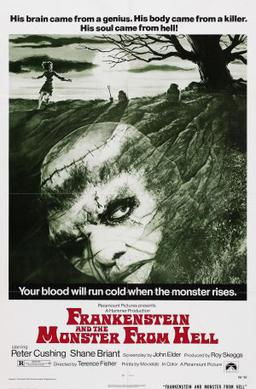







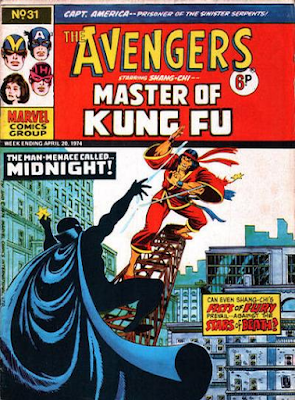

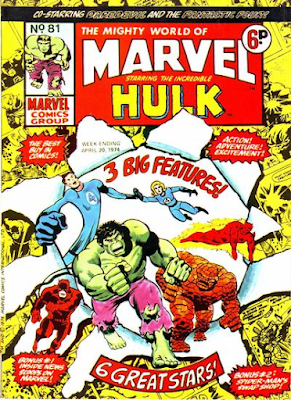
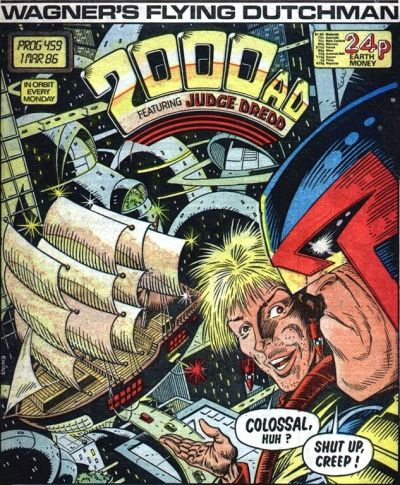












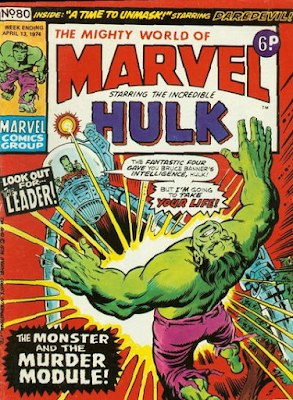









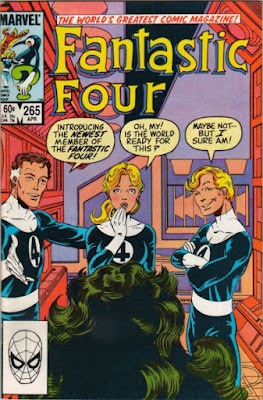


















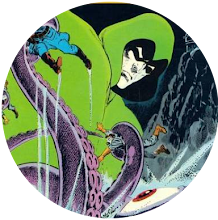

.jpg)


%20040a.jpg)
















































